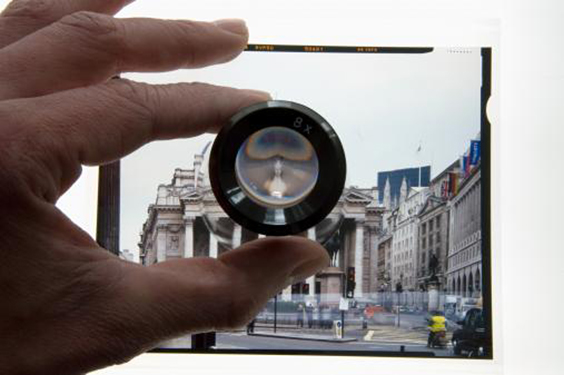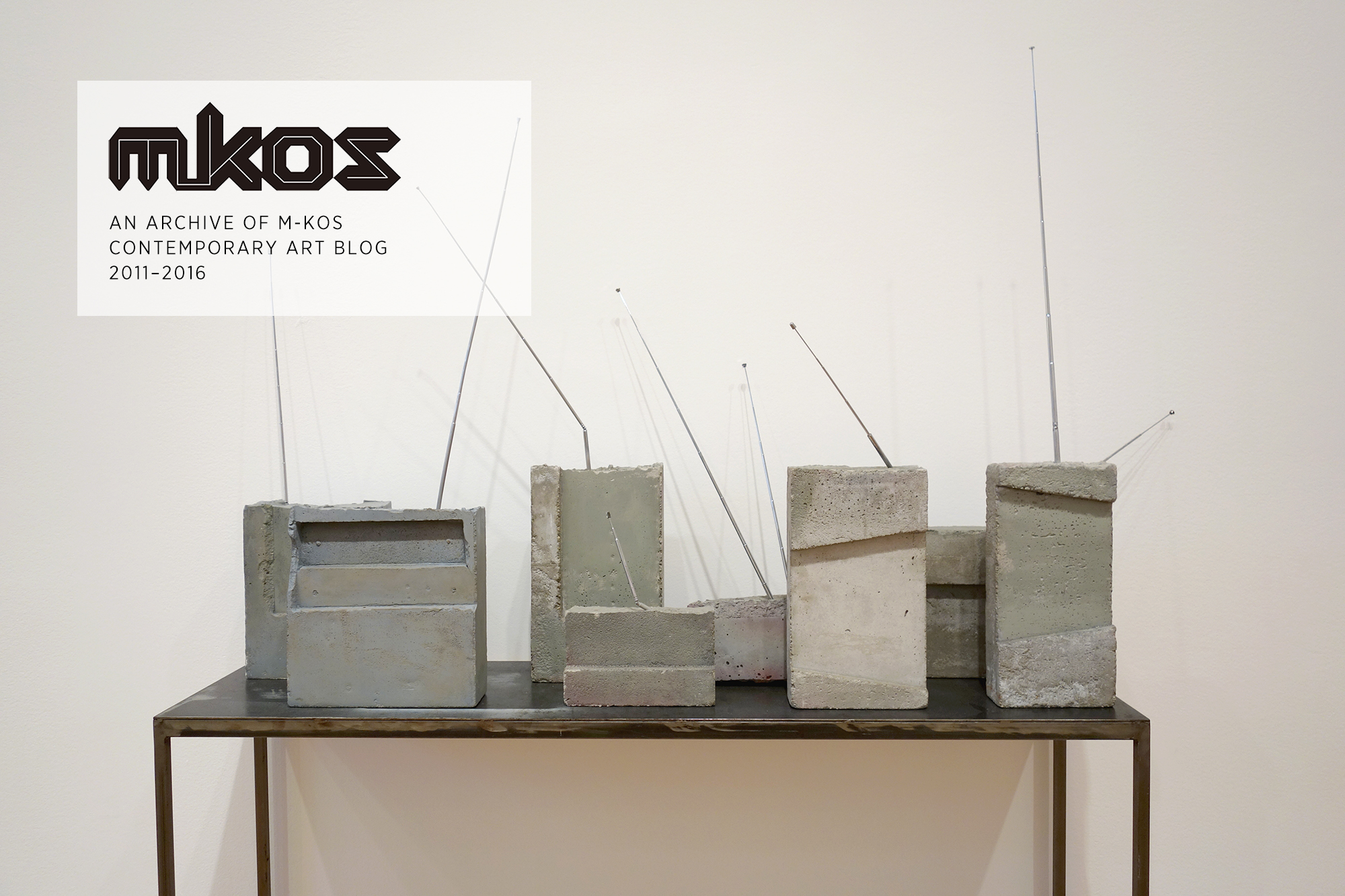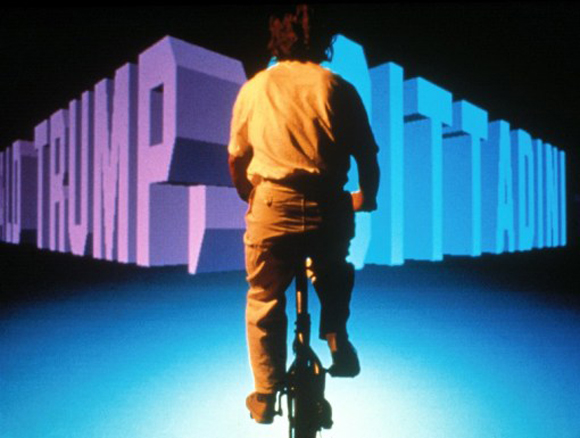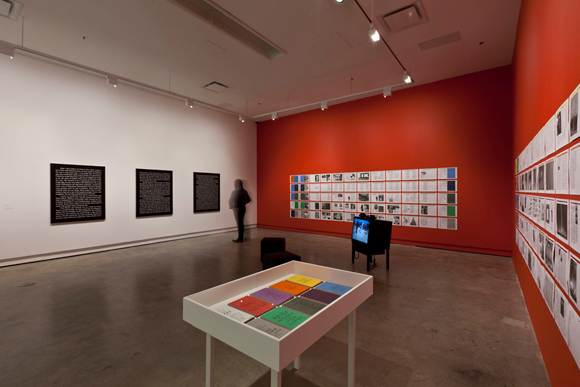
Zachary Formwalt, In Place of Capital, 2009. single-channel HD video still. Courtesy the artist.
Zachary Formwalt
2 November – 21 December 2013
at VOX centre de l’image contemporaine,
Montréal
Capital Imagery and the Traces of the Living
Johan Hartle
The Latin-derived term capital (as echoed in “capital crime†or “capital punishmentâ€) refers to a crime for which one has to pay with one’s life, or more literally (going back to the original caput) one’s head. Also in the Marxist sense of the term and in Marx’s own metaphor, as coagulated “living labour,†or, more explicitly, “dead labour,†capital is linked to death in various ways.
Along these lines, Zachary Formwalt’s reflections on the history of photography are dealing with various forms of capital imagery as well. His materialist approach to the history of photography—embedding the successive development of the medium in the histories of finance, capital accumulation, and urban development—not only emphasizes photography’s structural analogies with the history and development of capital (the effect that the development of capitalism, economic crises, the stock market, bankers, etc. have played in it); it also points to the potential of photography as a space for that which it tends to repress: moving, acting, and productive bodies.
Continue reading “Zachary Formwalt at VOX centre de l’image contemporaine, Montréal”


